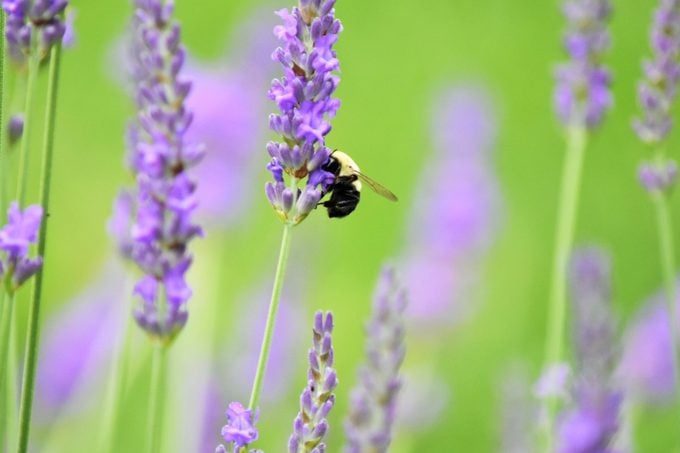Grow a Natural, Chemical-Free Garden
Updated: May 20, 2022
Win the war against weeds and pests without all the harsh chemicals. Yes, it really is possible to grow a natural garden.
Our editors and experts handpick every product we feature. We may earn a commission from your purchases.
Why Eliminate Chemicals in Your Garden?
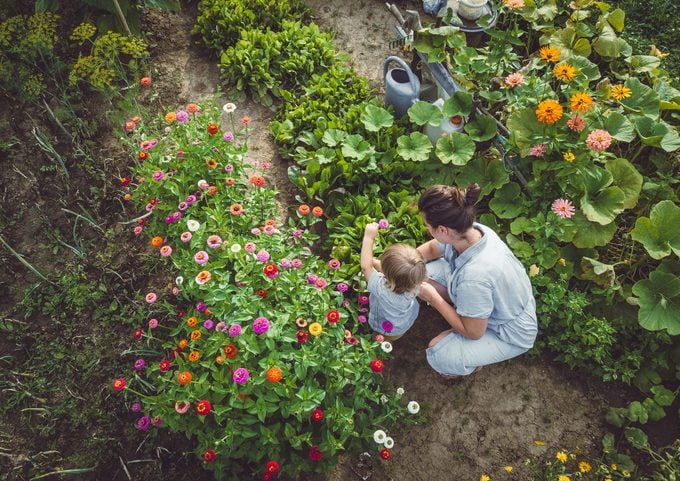
Even if you don’t have children or pets, there are plenty of reasons to steer clear of chemicals. For starters, pesticides, fungicides and herbicides don’t just kill pests and weeds—they also kill helpful birds and insects. According to the National Audubon Society, an estimated seven million birds die each year because of exposure to lawn pesticides. These pesticides also come with hidden consequences, like polluting the runoff water that flows into our water systems. A number of lawn pesticides contain carcinogens, which are linked to birth defects, and nervous system, liver and kidney damage. But if we can all agree that eliminating pesticides and herbicides from our home gardens is a great idea, how do we go about doing it? Follow these tips to grow a natural garden.
Learn about the Ruth Stout Method and more tips to garden greener.
How to Grow a Natural Garden
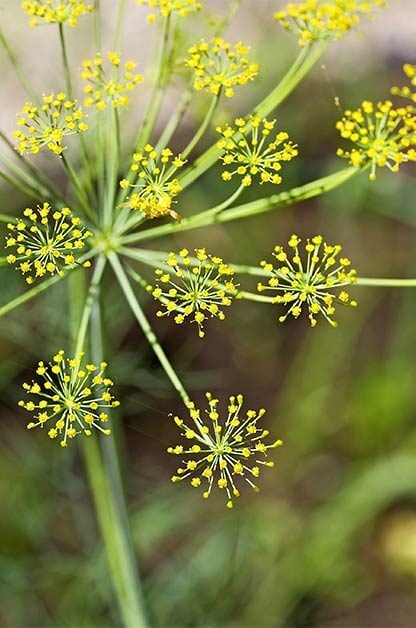
Nurture Healthy Plants
The first line of defense in a pesticide-free garden is healthy plants. Pests prey on weak plants, so to keep them out of your garden, your plants need to be as healthy as possible. Start with the soil. Load it up with as much compost and organic matter as you can. This provides the perfect environment for healthy, strong plants.
“It’s all about developing the soil,” says Calvin Bey, an organic gardening educator from Fayetteville, Arkansas. “My natural method for eliminating insects and disease in the garden is the development of healthy soil, alive with beneficial microbes and containing a balance of minerals.”
Organic mulch will protect your soil and provide a habitat for beneficial predators like ground beetles, centipedes and spiders.
Picking the right plants is important, too. Choose plants that are disease-resistant, native in your area and fit the growing conditions.
“If you grow nutrient-dense produce, the pesticide issue pretty much takes care of itself. When you get started, you might need to use a little diatomaceous earth and BT (Bacillus thuringiensis). These are natural garden products that can help with specific insects,” adds Calvin.
Check out 8 green gift ideas to help pollinators and the Earth.
Invite Helpful Garden Allies
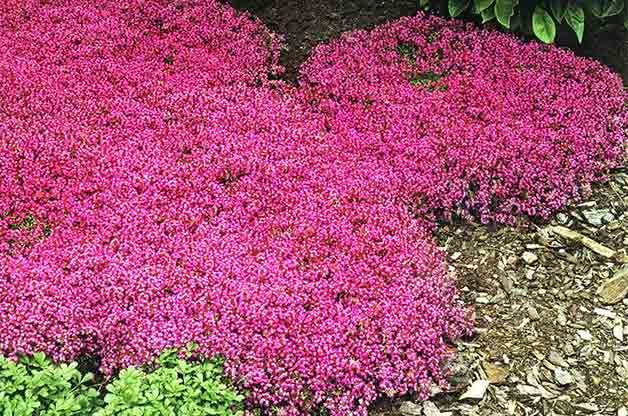
Less than 1 percent of the pest population of a garden can truly be considered pests. Most of these bugs are actually your garden allies, ready to take on the bad bugs. These unsung natural garden heroes include:
Pollinators (bees, butterflies and moths) transfer pollen between the flowers of fruiting plants, fertilizing female flowers, so fruits and seeds develop. They are important to tree crops, berries and other veggie crops.
Parasitic wasps and parasitoids (wasps, ants and sawflies) control garden pests before they become a problem in your garden.
Predators (birds, ladybugs, spiders, damsel bugs, dragonflies, lacewings, ants, ground beetles and praying mantises) feed on garden pests that get out of hand.
To encourage these helpers to visit your garden, you first have to stop using pesticides. These garden friends can be wiped out when pesticides are used.
Next, plant with insects in mind. Choose colorful, flowering plants to attract bees and parasitoid wasps. Grow a variety of plants at different sizes, including shrubby structural plants, plants with lacy foliage and herbs for bees and other pollinators. Don’t be too tidy with your garden design; a more natural garden will provide shelter and nesting spots for birds and other beneficial insects. Allow some plants to go to seed and some herbs to flower such as dill, cilantro, basil, oregano and thyme.
Natural Garden Pest Solutions
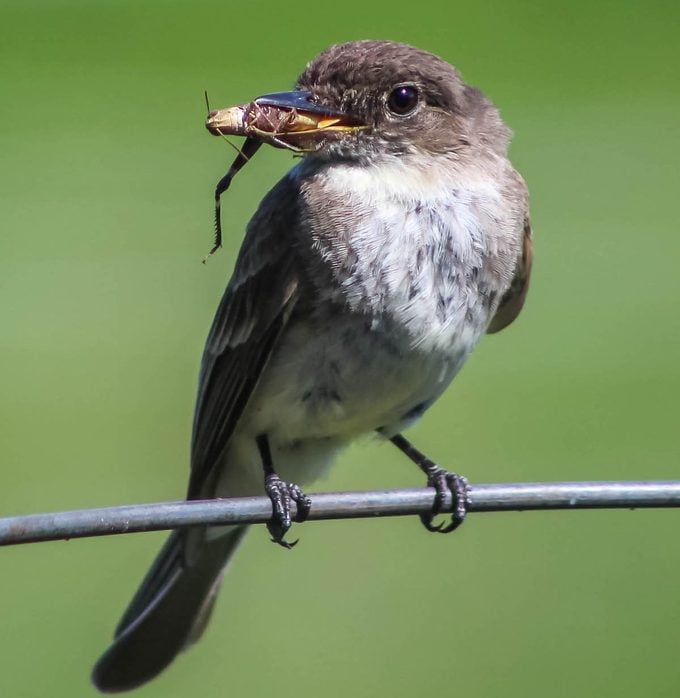
If you are looking for a solution to a specific problem, try a less toxic product, like insecticidal soaps or horticultural oils. These are helpful in controlling aphids, caterpillars, crickets, fleas, flies and mites. But don’t use them if bees are present.
To deter slugs, try placing coffee grounds or copper mesh around your plants. Use strong-scented soap like Irish Spring to deter rabbits or deer. Cayenne pepper works for other critters. Take steps to attract birds like robins, wrens, flycatchers and warblers that feast on insects and control pests, and provide plenty of nesting sites with native shrubs. Ask fellow gardeners or your local extension service for other natural methods for controlling a specific pest or disease.
“Often all you need to do is spend time in the garden,” says Erin Riley of the organic garden site, yourhopegarden.com. “‘The best fertilizer is the shadow of the gardener’ is a common and true saying. You might need to pull some weeds or hand-pick some bugs, but time spent in the garden is time well spent.”
Discover 15 ways to conserve water in the garden.
Plants to Attract Beneficial Insects
